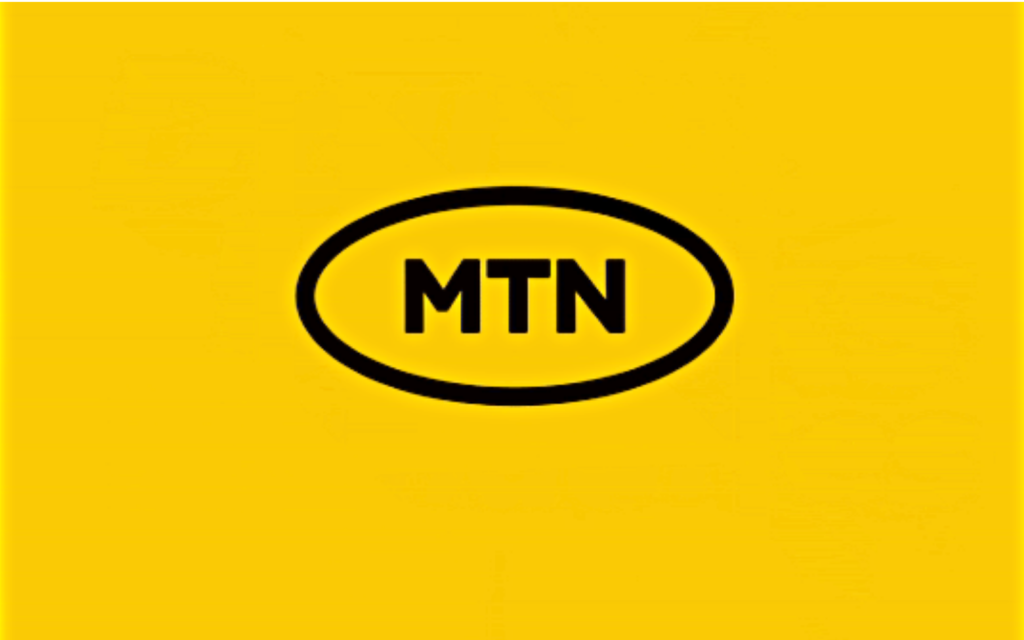It’s a no-brainer for MTN to buy Telkom, for both companies.
To oversimplify it, MTN has lots of cellular subscribers and a smooth-oiled operation that has made it the largest cellular operator in Africa. Telkom has a large fibre infrastructure business (now called OpenServe) and lots of juicy spectrum for future wireless broadband.
The telecoms industry has markedly changed in the past two decades. Cellular operators were once just selling voice calls, until a range of factors began turning them into much more than just that. Internationally, operators have been buying up fixed-line assets as these fibre connections are not only necessary of their own operations, but allow them to provide a much fuller suite of offerings. It’s not uncommon to buy a fibre line and cellphone contract from one supplier.
In emerging markets, cellular operators are now muscling in on banks’ territory, offering insurance and mobile money, amongst other financial services. They’re also becoming fibre providers, especially to business clients who want a single bill from a single provider. Who doesn’t?
The deal may struggle to get competition approval – from both the Competition Commission and the Independent Communication Authority of SA (Icasa) – but it is the way the international industry itself is going.
SA currently has five mobile operators: Vodacom, MTN, Telkom, Cell C, and Rain. The latter only offers data, and has shifted its focus to providing unlimited packages – an astute move given the way the market is moving.
Vodacom has rolled its fibre infrastructure into a joint-venture with Remgro’s CIVH (chaired by former Vodacom CEO Pieter Uys), another smart play that will benefit not only the component companies (including Vuma) and consumers in general.
MTN has followed another international trend, having sold off its base stations to IHS Towers, a specialist operator of this infrastructure in which MTN has a 29% stake.
Cell C, despite its resilience, has never been able to unshackle itself from its monstrous debt. Despite a few brief flashes of excellence, including hiring Trevor Noah as a comedic foil, Cell C has lurched from one failed attempt to another at trying to be a player.
Telkom has batted well under former CEO Sipho Maseko, who managed to turn around the failing state-owned enterprise (with the help of the late chair Jabu Mabuza) but it has squandered its own strategic advantages.
Until Vuma emerged in 2014, Telkom was the only real provider of much faster fibre optics lines. But because Telkom has always obsessively protected its legacy operations, it failed to capitalise on this. Maseko was reportedly against a buy-out, which has been rumoured many times over the years, and even turned down a 20% offer from South Korea’s ST Telecoms in 2012.
But new CEO Serame Taukobong – a former MTN marketing executive – is a smart man who has most recently been working for GE in Africa. He has a keen strategic mind and will have a broader, Africa-wide experience to draw from when surveying Telkom’s market options.
With former deputy finance minister Mcebisi Jonas as MTN’s current chair, most market commentators feel that he would have run this passed President Cyril Ramaphosa before such a deal was announced. Telkom is still 40% owned by the government, while the Public Investment Corporation also owns 14%.
That the deal was announced through the JSE’s Sens seems to imply it is getting serious attention. Both MTN and Telkom’s shares shot up on the news.
This kind of consolidation is “inevitable,” former Icasa chair Keabetswe Modimoeng told TechCentral last week. Indeed it is, as is the never-ending need to be more competitive in a cutthroat industry. As Modimoeng said: “You need deep pockets just to survive in this space, never mind thrive”.
If MTN does buy the once-incumbent Telkom, it will be a triumph of free market innovation over a monopoly – demonstrating how the private sector is just better at running critical services. Maybe MTN can buy Eskom too…
*First published in the Financial Mail
